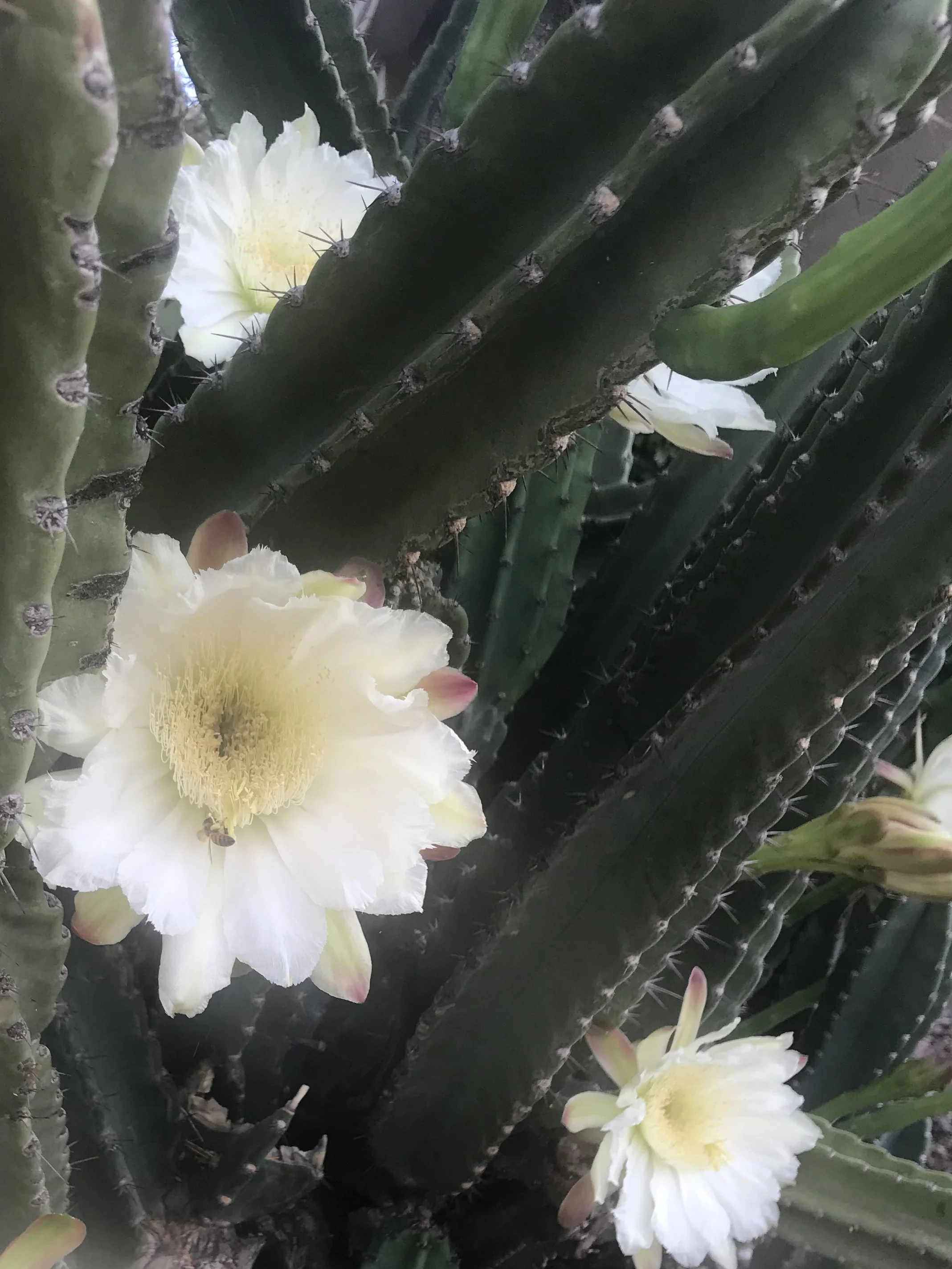
Healing is as unique as you are—there’s no one-size-fits-all.
While my role describes how I show up in our work, this section shares more about the therapeutic tools I draw from. Each approach offers a different pathway—whether that’s exploring patterns and beliefs, working with the nervous system and body memory, or engaging in deeper emotional processing. They often work best in combination, tailored to your needs in the moment.
Together, we’ll choose what fits: sometimes quiet noticing, sometimes emotion- or body-focused work, and other times talking through a challenge or decision. We’ll follow what emerges naturally, while staying anchored in your bigger goals and the direction you’ve chosen for your healing.
Below are some of the core approaches I integrate into sessions.
Core Trauma Therapy Approaches
Internal Family Systems (IFS)
"You are more than your parts." — Dick Schwartz
IFS offers a supportive way to work with challenges by helping you understand your patterns and relate to yourself with greater clarity, calm, and compassion. You may notice that different aspects of yourself respond in different ways—some try to protect you, others carry emotional pain, and each has its own good reasons for being there. In IFS, we call these inner aspects “parts.” Through exploring sensations, emotions, memories, and beliefs, this approach helps you understand yourself more fully and see how these inner dynamics may be affecting your feelings, choices, and relationships today.
Together, we’ll create space for connection and curiosity without judgment. IFS helps you work with all aspects of yourself in a way that encourages balance, draws on your strengths, and builds your ability to feel calm, clear, and confident in everyday life.
Training: Level I & II (plus advanced)-certification eligible
Brainspotting (BSP)
"Where we look affects how we feel." —David Grand
BSP is a brain–body approach that uses specific eye positions—called brainspots—to connect with experiences stored deep in the nervous system. Instead of relying on overthinking, it works with the body’s natural ability to process and heal, often reaching places that talking alone can’t. By noticing where your gaze links with physical or emotional reactions, we can find entry points for processing past events, trauma, or other unresolved experiences—and see how they may still be shaping your feelings, decisions, and relationships today.
In sessions, you’ll be guided to stay with what’s happening in a way that feels steady and manageable. Gentle bilateral sound may be added to support the process. BSP can be a stand-alone approach or combined with others, and it can also help strengthen your inner resources, resilience, and creativity. This method allows your system to do the work it’s ready for, making space for relief, integration, and greater ease.
Training: Phase I & II (plus advanced)
Sensorimotor Psychotherapy
"We remember the past in habits of tension, movement, and posture." — Pat Ogden
SP focuses on how trauma, early life experiences, and emotions are carried in the body. It weaves together mindful awareness, movement, and body sensations with emotional processing, helping address the effects of difficult experiences and patterns that began long ago. This approach can also help with the lasting impact of past relationships or situations where your needs weren’t met—especially when they still affect your feelings, choices, and relationships today.
In sessions, we’ll pay close attention to how your body responds in the moment. SP helps you notice and shift physical patterns—like posture, muscle tension, or impulses—that may be connected to the past. By working with the body’s responses in the present, we support your ability to feel steadier, more resilient, and at ease over time.
Training: Level 1
Other Integrated Tools
In addition to my primary approaches, I draw from a variety of evidence-informed tools that can be integrated into our work together, depending on what’s most helpful for you.

Life has its challenges.
You adapted in ways that helped you survive.



